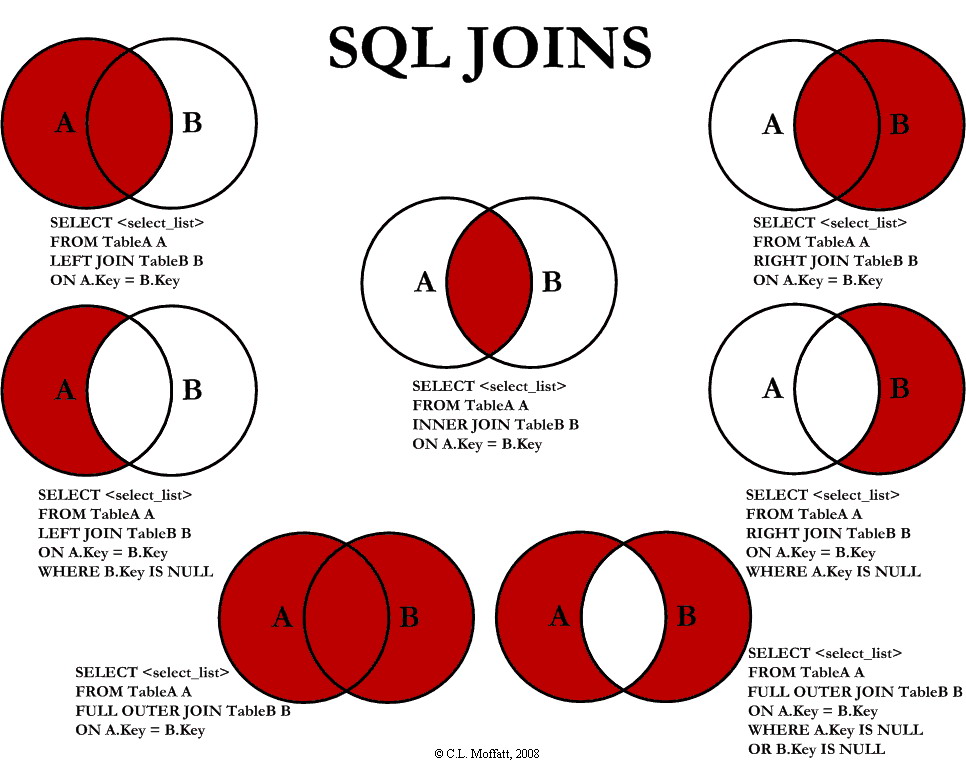Task was to insert into the database next invoice number. The problem was that invoice number looked like this MB-13. I needed this account number in two pieces MB-- and the last biggest number.
In MySQL there is a
function substring() and
counting starts from 1.
$latest_invoice = mysql_query('SELECT SUBSTRING(Invoice, 4) FROM table WHERE Invoice LIKE "%MB-%"');
Now how to get the biggest number? Tried this:
$latest_invoice = mysql_query('SELECT MAX(SUBSTRING(Invoice, 4)) FROM table WHERE Invoice LIKE "%MB-%"');
It gave 99.
But it was wrong, it had to be 255.
Invoice number was in a string-format, but I needed a number. Solutions:
1) - add 0 and MySQL automatically converts it.
$latest_invoice = mysql_query('SELECT MAX(SUBSTRING(Invoice, 4) + 0) FROM table WHERE Invoice LIKE "%MB-%"');
The result was my needed 255. Now I had to add 1 to get the next number, but PHP treats it still as a string.
To convert to number, as I needed only full numbers, I used (int).
2) Use only number part of the string — I know that first three characters in my string will always be MB-.
$latest_invoice = mysql_query('SELECT MAX(CAST(substring(Invoice, 4, length(Invoice)-3) AS UNSIGNED)) FROM table WHERE Invoice LIKE "%MB-%"');
and in PHP only add 1:
 Found from Twitter, actual source is here
Found from Twitter, actual source is here  Found from Twitter, actual source is here
Found from Twitter, actual source is here  Found from Twitter, actual source is here
Found from Twitter, actual source is here